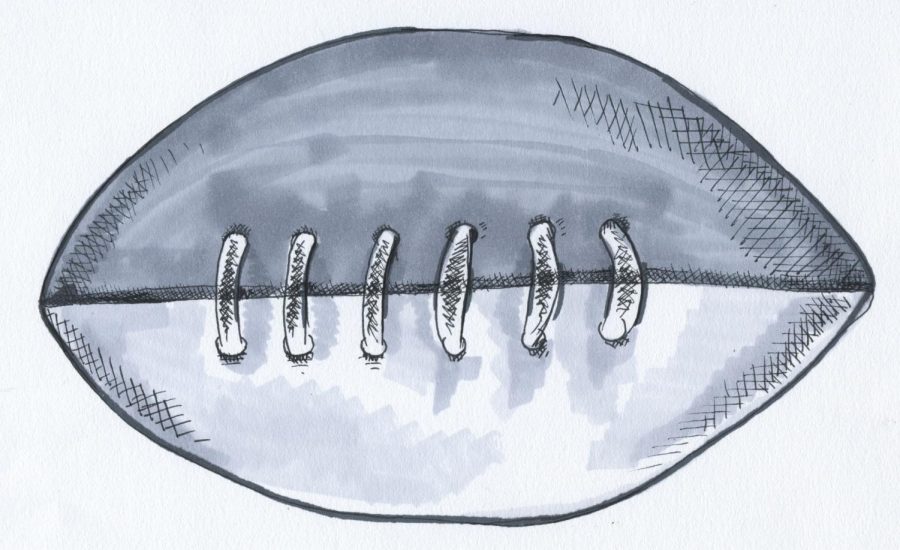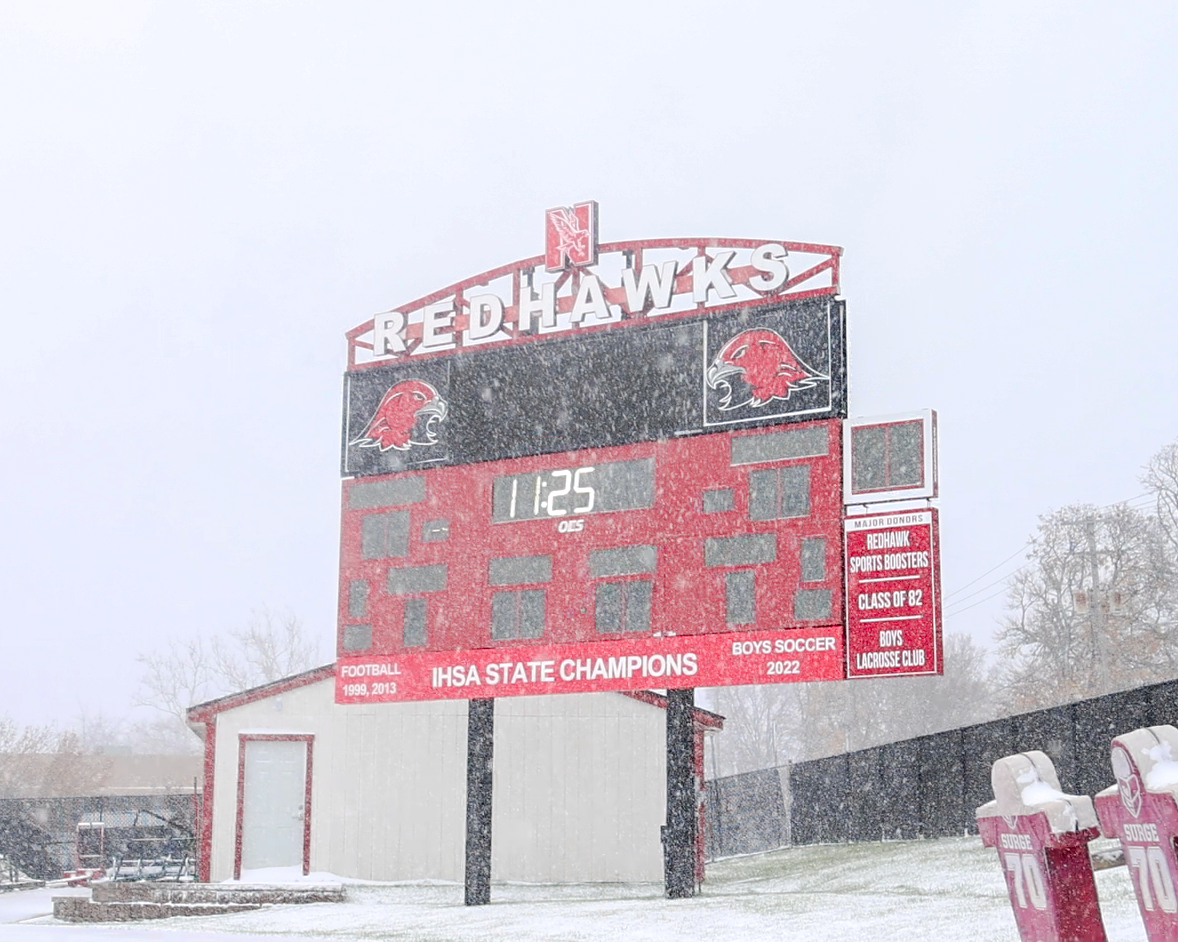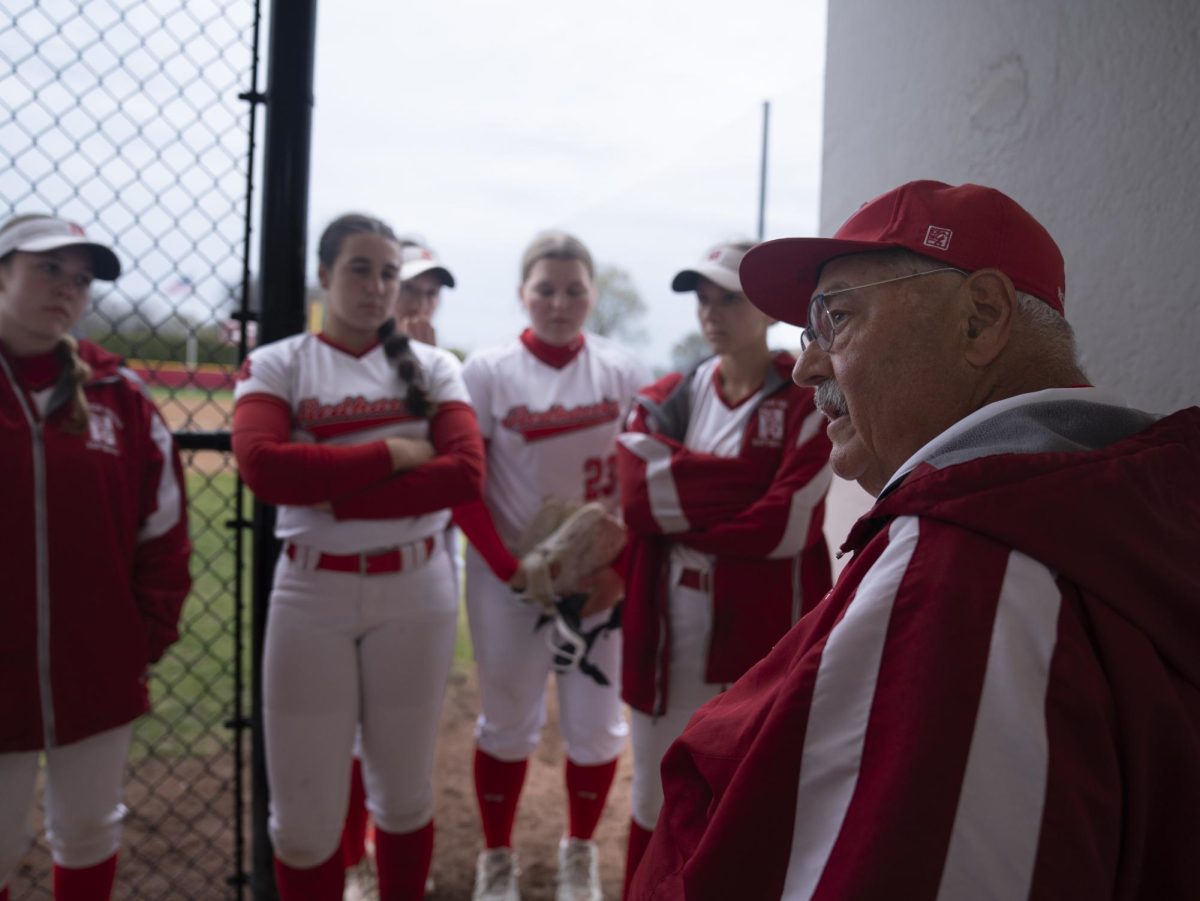Kneeling is not the way
October 31, 2017
When Colin Kaepernick decided to kneel during the national anthem before his football game, non-sports and sports fans alike took notice.
I took notice. And I am not that sports-oriented.
And while I do support Kaepernick’s protest against police brutality, I don’t think that he’s going about it the right way.
Sure, Kaepernick got liberal America to support him. That was expected. But there’s an entire section of America that is watching him warily, unsure of whether to support him or not.
And this is for one reason — Kaepernick’s choice to kneel. And this leads me to a simple conclusion:
Athletes’ tactic of kneeling must be changed.
I would like, more than anything, for these protesters to succeed in their goal. But is kneeling really the way to do it?
I would like to clarify that what the athletes are doing is legal. This is despite what Trump has tweeted about the issue (“get that son of a b*tch off the field right now, he’s fired”). An article published in the New York Times details how constitutional law, civil rights law and labor law “independently protects players from retaliation for anthem protests.”
Kneeling does convey a message, but not the one professional athletes have in mind.
We stand to show respect for something or someone. We stand during processions, weddings, funerals and ovations. Not standing when others do sends the message that we don’t care enough.
Americans understand Kaepernick’s motive.
According to a poll done by YouGov/HuffPost, 70 percent of Americans realize that Kaepernick is protesting police violence or Trump and not America or the flag. But in the same poll it was found that only 36 percent think that kneeling is “appropriate.”
A Washington Post article about the nationalistic symbolism of flags states that “flags serve as a powerful symbol of a nation, its ideals and its people.”
When athletes choose to kneel in front of an American flag, they imply that they don’t respect the flag and what it symbolizes. Even if that isn’t what they actually mean.
For me, the most upsetting part of this assumption is the irony. These athletes are true patriots. They deserve to be honored for what they’re supporting. Yet, by kneeling, they unintentionally mask their intentions, despite them being good.
Many have also argued that kneeling causes dissent in the nation. I’m not sure if that is true. There are always people who don’t support a movement. I think that no matter what Kaepernick had chosen to do to bring awareness to police brutality, there would’ve been turmoil in the nation as a result of it. There was turmoil before, and there will be turmoil after.
But that’s not what I’m addressing. I’m talking about the kneeling itself and why it’s not a good idea.
However, athletes have many arguments as to why they choose to kneel.
Ta-Nehisi Coates writes in an article in The Atlantic that “activists can’t persuade their contemporaries — they’re aiming at the next generation.”
I’m a high schooler. I support Kaepernick’s message, but I don’t like that he kneels. I’m also not that old. If what Coates is saying is true, then both myself and people younger than me would be Kaepernick’s target audience.
On Twitter, #TakeAKnee has been trending. Yet now there isn’t much buzz about it. Everyone’s kneeling, though, that’s for sure. But no one seems to notice as much as they did before
I think that now, as David Leonhardt states in his column in the New York Times, athletes should shift from kneeling as their primary defense strategy to something else.
Kneeling is not focused enough around the issue of police brutality. There is no real link to police brutality that will make the discussion surrounding the issue lose focus instead of gaining momentum.
I’m not going to pretend that I know enough about the Civil Rights Movement to talk about what protesters then went through. I don’t even have much experience in regard to the current issue. I live a happy life in the suburbs, about as detached from this movement as I could get.
But I do know that Kaepernick’s protests will outlive both him and I. He is going to leave a legacy behind him. And I think that it would be better to be remembered as the man who stood up against police brutality rather than the man who kneeled during the national anthem.








